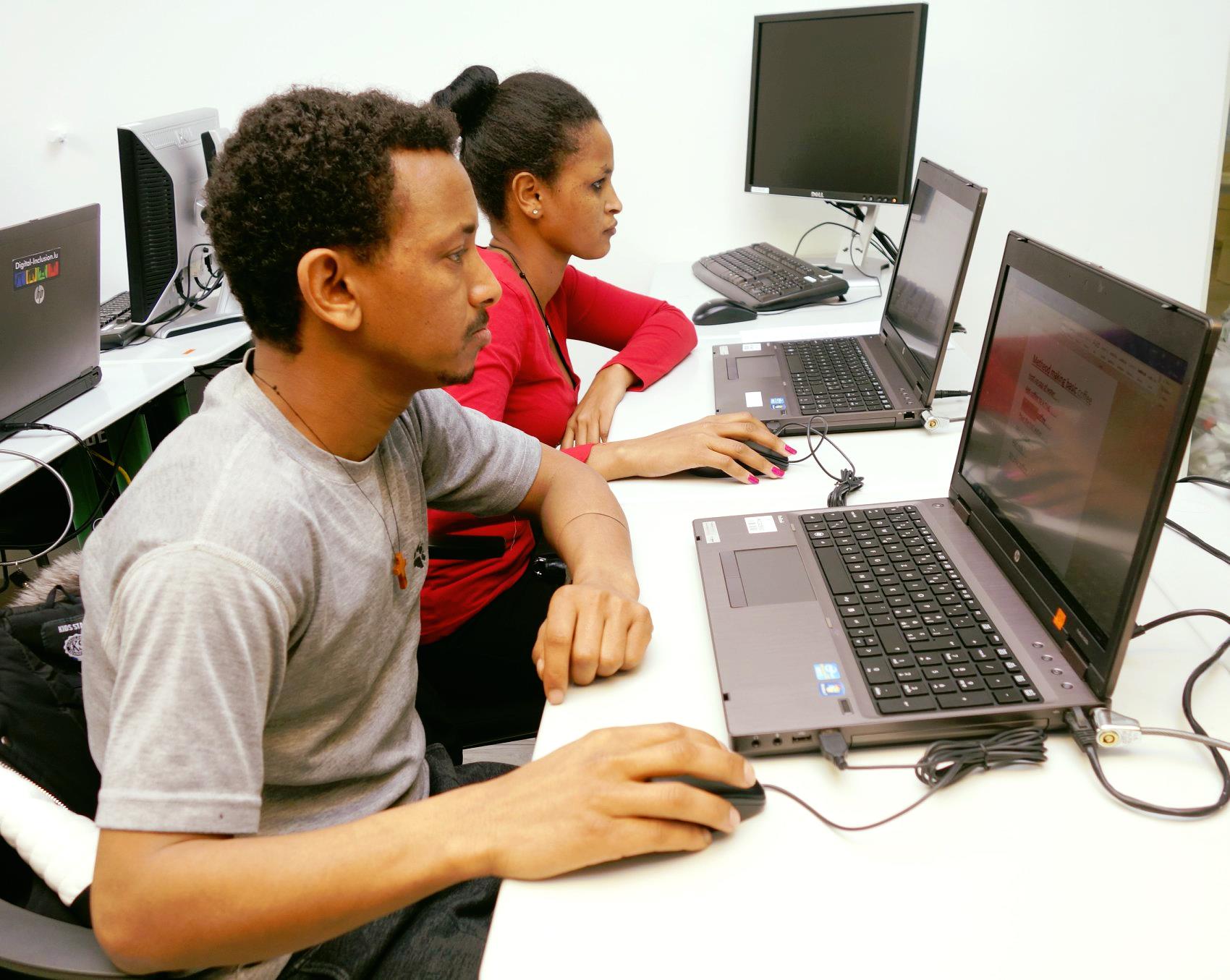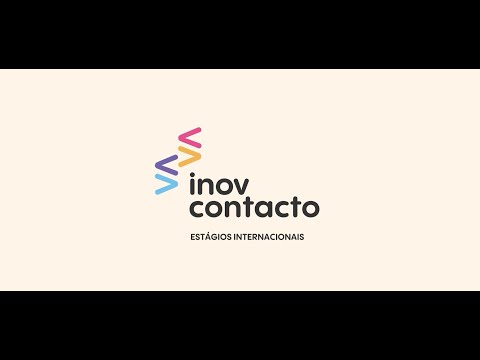
The spread of Covid-19 was rapid and tested government and community responses worldwide. Luxembourg was no exception. Digital Inclusion - a not-for-profit company promoting social inclusion through digital technology and skills training - was one organisation that rose to the challenge. It rapidly adapted its working practices to aid with the homeschooling of primary and high-school students in low-income households. It also revised its educational outreach programmes to maintain support for low-income groups and migrants in gaining new job-seeking and language skills.
Digital Skills Education Funding
Founded in 2016 with the goal of making IT accessible to everyone, Digital Inclusion first received funding from the European Social Fund (ESF) in 2018. Since then, the award-winning organisation’s Digi4All project had reached more than 1000 students. A second project, DigiCoach, focused on improving language and job-seeking skills, launched in January 2020. DigiCoach is funded until 2022 by a grant of €259,850 from the European Social Fund. The Luxembourg Ministry of Labour has matched the European funding.
Providing IT Systems and Support to Students
With Luxembourg’s lockdown looming, Digital Inclusion adapted its existing Digi4All project to offer computers to those households with school-age children that did not have a computer.
Government mandates to work from home complicated the delivery of the new mission for the centre’s 15 staff, many of whom are from refugee backgrounds themselves. Undeterred, they set about creating streamlined application procedures by working with local schools and teachers. Once schoolteachers nominated recipients in need, appropriate equipment was prepared and delivered to student’s homes.
Before lockdown, donated equipment was renovated by volunteer trainee job seekers in an IT refurbishment workshop. Under normal conditions, this allowed the participants to become certified in repairs to IT equipment. However, social distancing meant the closure of the facility. While the need to upskill job seekers remains a concern, making home-based education possible became the priority. An ad-hoc solution saw an IT technician and the teacher of the workshop-based course continue to work from their homes to prepare computers for use.
The organisation hopes that the IT certification programme for job seekers can resume soon.
Improved Logistics and Increasing Donations
Faced with issues around transport and storage, Digital Inclusion was able to team up with other local organisations to make the plan a reality.
To resolve the problem of delivery, Digital Inclusion collaborated with other local non-profit groups. This arrangement facilitated the speedy delivery of around 300 complete computer systems.
An outpouring of community support met the increasing demand for equipment. However, the lack of building access made it difficult for the group to collect redundant computer equipment to repurpose for the required educational uses. Digital Inclusion moved quickly to find a solution by partnering with the Automobile Club of Luxembourg. The car group operates a 24/7 service centre for dealing with breakdowns. With the roads quieter than usual, they were able to offer a safe place to receive and process the increased level of donations of laptops and smartphones.
The DigiCoach Programme and the Response to COVID-19
Providing equipment for homeschooling is not the only way in which Digital Inclusion has been helping to make information technology available to everyone during the pandemic. The ESF backed DigiCoach programme offers education and advice on digital skills to improve access to the job market and essential citizen information.
DigiCoach provides digital literacy classes to improve the social and employment position of migrants and low-income households. As part of the project, Digital Inclusion provides an IT-equipped language lab that allows beneficiaries to train using professional language learning tools such as Rosetta Stone.
Job coaching was also on offer to help beneficiaries find work. Support in finding employment is a critical service as employment allows a higher standard of living alongside societal and economic independence.
Due to their digital nature, language learning lessons could be continued at home using devices belonging to the students. The use of video calling allowed job coaching to continue. Additionally, several students received refurbished PCs.
The COVID-19 Secure Classroom
However, the digital learning experience cannot completely replicate the full classroom experience. Following a charitable donation from the Rotary Club of Luxembourg, by May 2020 the classrooms were transformed to allow students to attend in person.
Lessons resumed with additional sanitary measures and glass screens in place. The changes permit in-person support to restart, albeit with reduced capacity. The continuing help and assistance aids community integration for the migrant groups and reduces social isolation.
Positive Media and Political Reception
The COVID-19 response by Digital Inclusion was well received and was mentioned positively in local media. The project featured in Luxembourg’s video on Europe Day and was part of the “Europeans against COVID-19” campaign of the European Parliament.
The Europe 2020 strategy commits the European Union to create more and better jobs and socially inclusive society. The ESF, as accessed by Digital Inclusion, is the European Union’s main instrument for achieving this goal.
The programme offers tens of thousands of projects a share of €10 billion a year in funding to support jobs, improve employment prospects and help to ensure fairer opportunities for all EU citizens. The Digi4All and DigiCoach programmes help achieve the goals of the ESF by investing in human capital – young people, workers and those seeking a job.
Find out more about the Digital Inclusion programme here.



